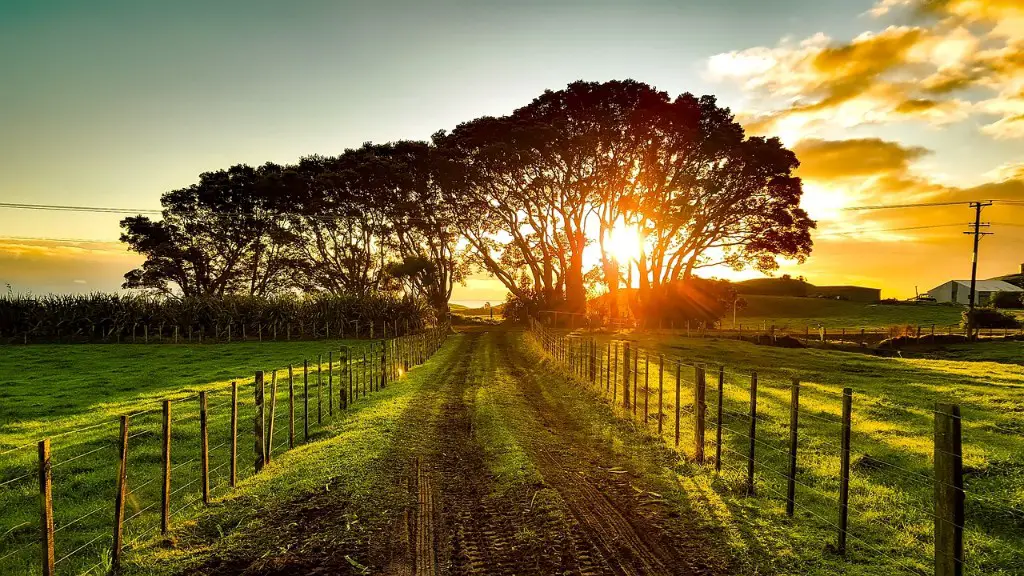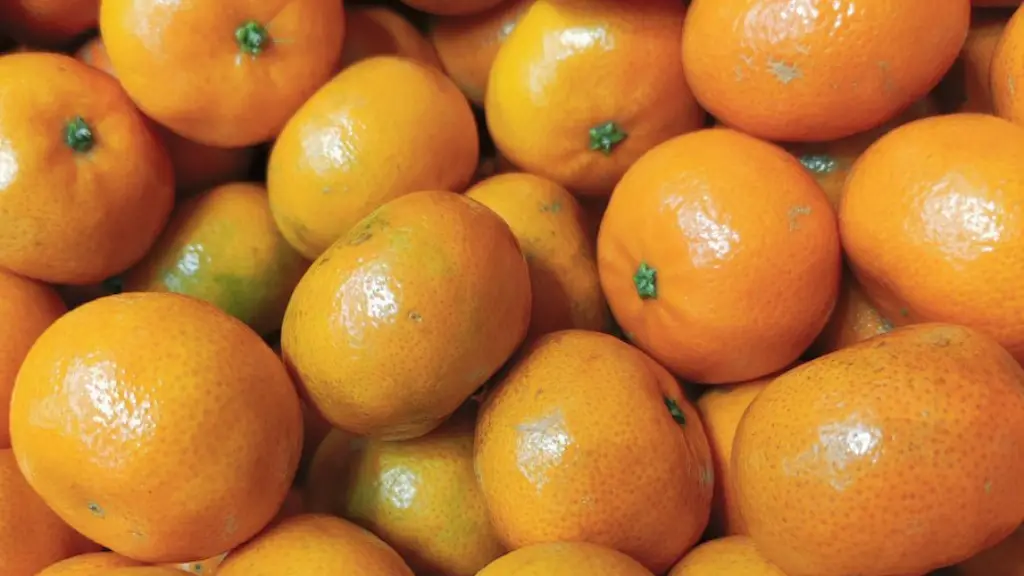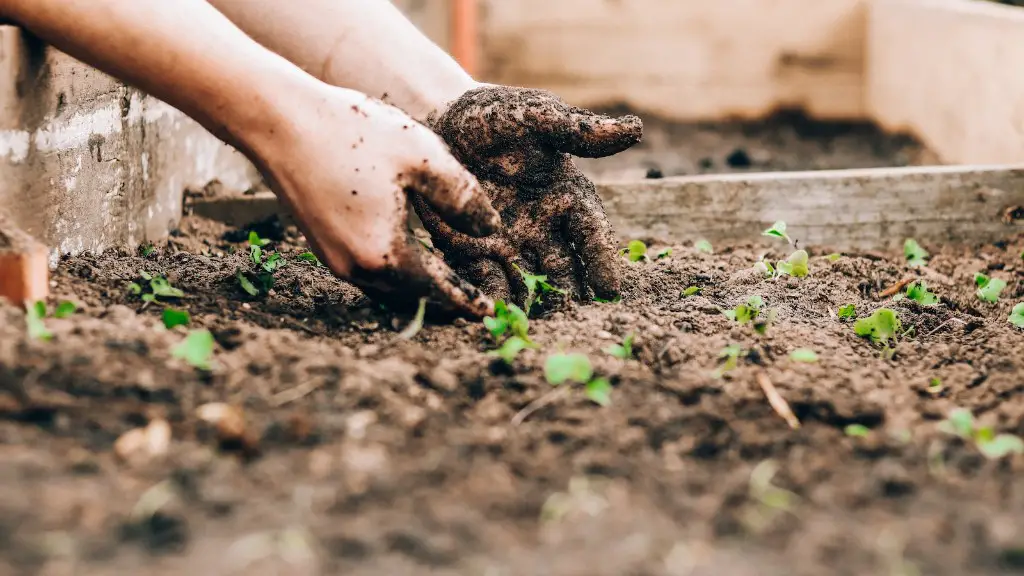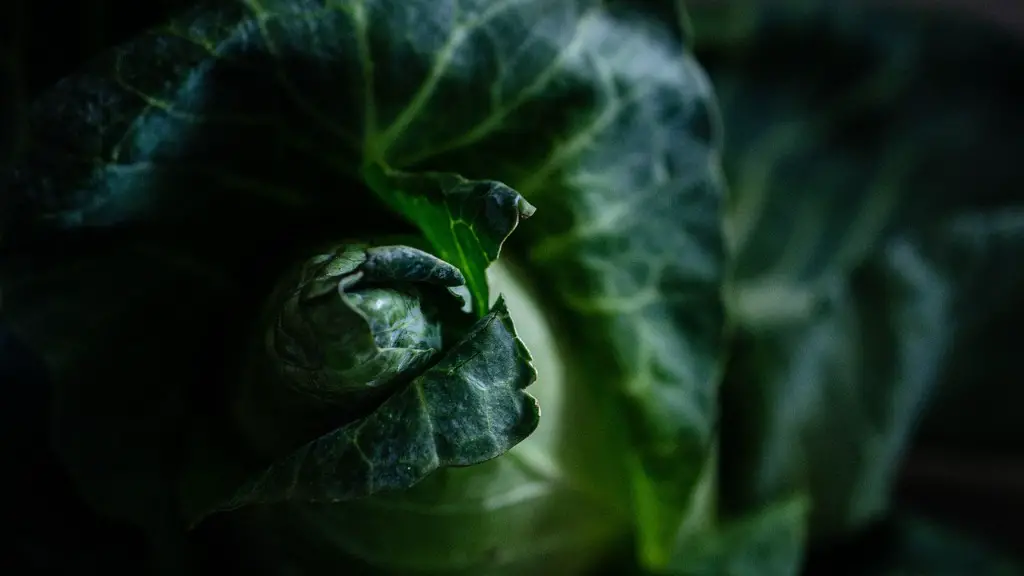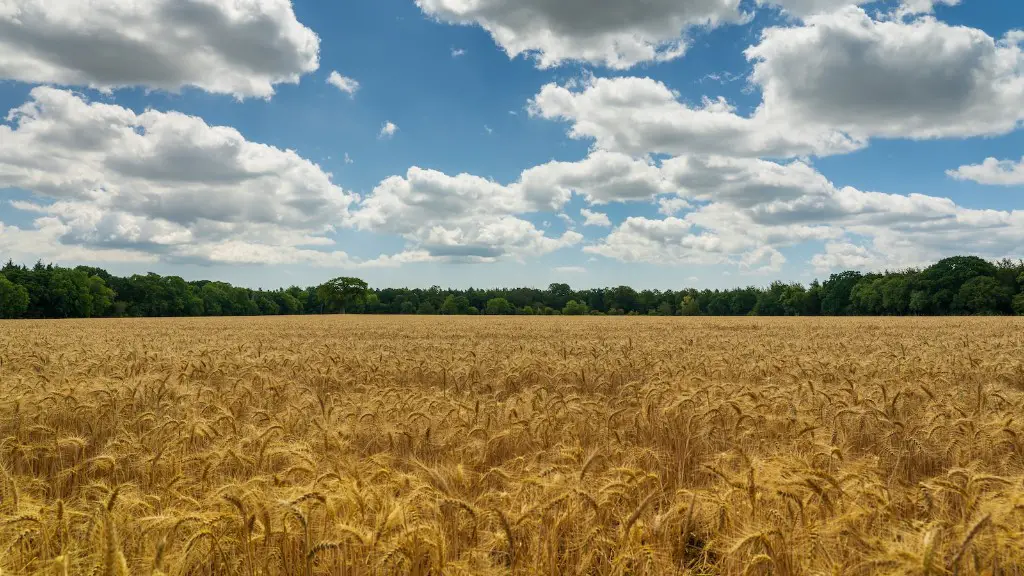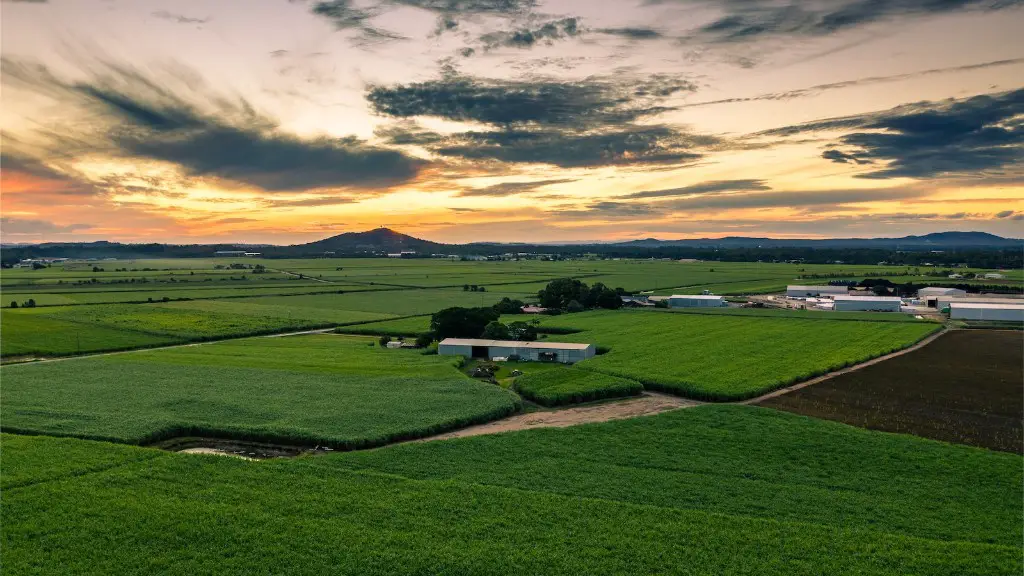Sustainable agriculture is an agricultural production system that maintains or improves the economic, environmental, and social well-being of a given farm or agricultural system. It is the process of producing food in a way that is socially, economically, and ecologically sustainable.
Sustainable agriculture is the practice of farming in a way that meets the needs of the present without compromising the ability of future generations to meet their own needs. It is an approach to food production that takes into account the environmental, social, and economic impacts of our activities.
What is sustainable agriculture so important?
Sustainable agriculture is a type of farming that focuses on producing food in a way that is environmentally friendly. This includes using methods that preserve the earth’s natural resources, help maintain soil quality, reduce erosion, and preserve water. Sustainable agriculture is often considered to be a more holistic approach to farming than traditional methods.
When agricultural operations are sustainably managed, they can preserve and restore critical habitats, help protect watersheds, and improve soil health and water quality. WWF’s Agricultural Conservation Initiative works with farmers, ranchers, and other agricultural stakeholders to promote and implement sustainable management practices that will help protect natural resources and improve the economic viability of agriculture.
What are the three main goals of sustainable agriculture
The main objectives of sustainable agriculture are:
1. Make the best use of the resources available
2. Minimize use of non-renewable resources
3. Protect the health and safety of farmworkers, local communities and society
4. Protect and enhance the environment and natural resources
Agriculture is important for a variety of reasons. It is the main source of raw materials for many industries, it is important to international trade, it plays a big role in a nation’s revenue, it provides employment, it is crucial to a country’s development, it can help heal the environment, and it goes hand-in-hand with war.
What are the 5 main components of sustainable agriculture?
Farmers play a vital role in protecting and preserving our natural resources. By adopting sustainable practices, farmers can help to build healthy soil and prevent erosion, manage water wisely, minimize air and water pollution, store carbon on farms, and increase resilience to extreme weather. By promoting biodiversity, farmers can also help to ensure that our ecosystems are healthy and productive.
Agriculture is the main source of raw materials for many industries, including cotton and jute fabric, sugar, tobacco, and edible and non-edible oils. Many other industries, such as processing of fruits and vegetables and rice husking, also get their raw material mainly from agriculture.
What are the 3 benefits of green agriculture?
Sustainable agriculture has many advantages that are important for the environment. These include reducing erosion and natural resource degradation, improving air and water quality, increasing biodiversity, and decreasing carbon emissions. All of these factors help to make sustainable agriculture an important part of protecting the environment.
Sustainable agriculture is a type of agriculture that focuses on producing long-term crops and livestock while having minimal effects on the environment. This type of agriculture tries to find a good balance between the need for food production and the preservation of the ecological system within the environment. Sustainable agriculture is important because it allows us to produce food while still maintaining the integrity of the natural world.
How can we improve sustainable agriculture
There is no silver bullet for sustainable agriculture, but there are a number of promising practices that can help farmers produce food more sustainably. Organic farming is one such practice, although it is not without its challenges. Agroforestry, natural farming, and the system of rice intensification are other promising practices that have shown success in sustaining crop yields and reducing the impact of agriculture on the environment. With continued research and innovation, these and other practices hold great promise for more sustainable agriculture in the future.
Sustainable agriculture is a type of agriculture that is practiced in a way that is environmentally sustainable. This means that the farming practices used do not have a negative impact on the environment, and that the resources used are renewable. One of the main goals of sustainable agriculture is to produce food in a way that does not deplete the natural resources that are necessary for food production.
What is the most important benefit of agriculture?
Agriculture plays an important role in the economy as it provides raw materials for other industries. The farming sector provides a variety of products such as food, fibers, timber, and fuel that are essential for other industries. These industries use these raw materials to produce a variety of goods that we use in our daily lives. Without agriculture, these industries would not be able to survive.
Agriculture plays a vital role in reducing poverty, raising incomes and improving food security for the world’s poorest people. The World Bank Group is a leading financier of agriculture, providing financing and technical assistance to help developing countries improve agricultural productivity, increase rural incomes and reduce hunger and malnutrition.
What is the most important thing for agriculture
With the use of modern machinery in agricultural lands, more and high-quality production of crops is achieved. This, in turn, provides the raw material industries with the necessary supplies, leading to an increase in overall productivity.
There is no one-size-fits-all answer to the question of how to make agriculture more sustainable. However, some general practices that can help make agriculture more sustainable include:
-Improving irrigation and water management practices
-Developing cropping and grazing systems that are more resilient to drought and other climate-related stresses
-Integrating trees and other plants into agricultural landscapes
-Reducing or eliminating the use of harmful pesticides and other chemicals
-Improving soil health through practices like cover cropping and crop rotation
How does agriculture reduce poverty?
The poorest people in society typically benefit the most from agricultural growth. This is because agricultural growth increases the demand for labor, which in turn increases the chances of getting a job and earning an income. This can provide a much-needed boost to families who are struggling to make ends meet. In addition, agricultural growth may also lead to higher wages, giving workers even more financial security.
The importance of agriculture to the community cannot be overstated. Agriculture creates jobs for members of the community, boosts the community’s economic growth, sustains the community by the food source, and provides other raw materials.
Conclusion
The importance of sustainable agriculture is to make sure that we can maintain our food supply without damaging the environment. Sustainable agriculture is the practice of growing crops in a way that does not degrade the quality of the land over time. This type of agriculture is based on three main principles: environmental stewardship, social responsibility, and economic viability.
Sustainable agriculture is important for many reasons. It helps to preserve our natural resources, provides healthy food for people and animals, and supports local economies. Sustainable agriculture also creates less pollution and waste, and is overall better for the environment.
